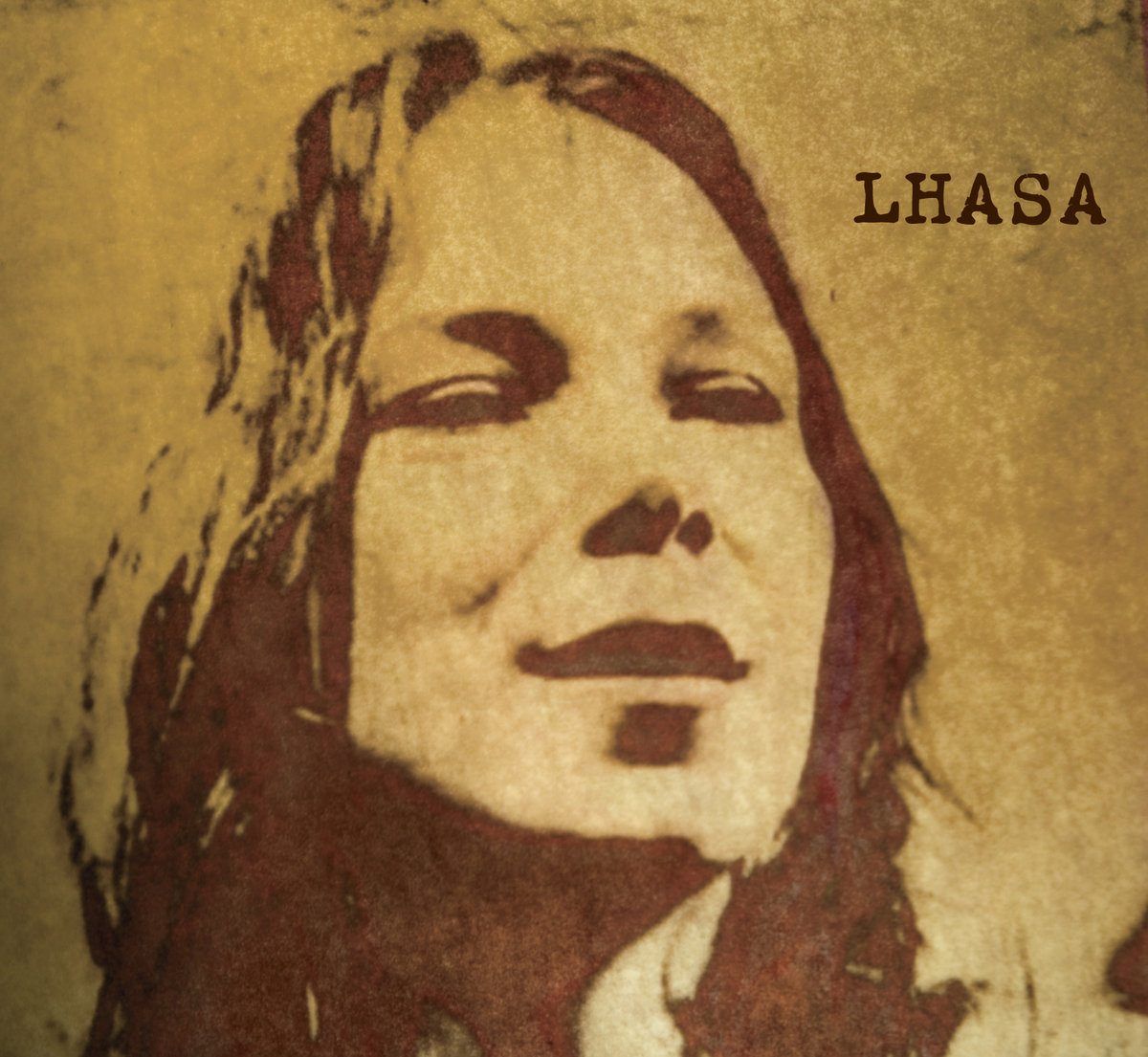
In 1991, she traveled to Montreal, Quebec, Canada to visit her sisters who were students at l' École nationale de cirque, the National Circus School of Canada, and she decided to make Montreal her home. After viewing a documentary about Billie Holiday, Lhasa determined that she, too, would make a career in singing. She included Spanish language lessons in her high school studies. Īt age 13 when her parents separated, Lhasa, her mother and her sisters settled in San Francisco where Lhasa started singing in a Greek cafe. As a child, she dreamed of marrying him some day, not knowing he had been killed. Along with her family she listened to a wide variety of recordings including songs by Chilean musician Victor Jara. Both her parents spoke fluent Spanish, but she was raised speaking primarily English, with Spanish added during a total of eight years' residence in Mexico. Her first decade was spent criss-crossing the United States and Mexico, living and traveling in a converted school bus with her parents and siblings, home-schooled by her mother. Her mother played harp and her father played flute. Lhasa had a Lebanese great-grandfather named Basel who sang in six languages. Her paternal grandmother was Carmen de Obarrio (1906–1982), a Panamanian pianist who studied in Los Angeles with Egon Petri, and with Edgar Varèse in San Francisco. Lhasa's maternal grandmother was Elena Karam (1909–2001), an actress best known for her leading role in Elia Kazan's film America America. According to Lhasa, her parents did not give her a name until the age of five months her mother was reading a book about Tibet and the word Lhasa "just grabbed her" as the right name for the baby girl. Lhasa was born in Big Indian, New York, the daughter of a Mexican father, language instructor Alejandro "Alex" Sela, and an American mother, photographer and actress Alexandra Karam. A memorial program of her music was produced in January 2012, performed in Montreal by artists who had worked with her. After 21 months of treatment, she died on New Year's Day 2010. Lhasa recorded a third album, titled Lhasa, but she was diagnosed with cancer in 2009 around the time it was released. She published a book about her impressions of life on the road.

During this time, BBC Radio 3 honoured her as the best world music artist of the Americas in 2005. Once again, she toured in support of her album and collaborated with other musicians on their projects. She lived in Marseille and began to write more songs, then she moved back to Montreal and produced a second album, The Living Road. Her first album, La Llorona, went Platinum in Canada and brought Lhasa a Félix Award and a Juno Award.įollowing this success, Lhasa toured with Lilith Fair and then joined her sisters in a French circus troupe, contributing her husky voice to the musical backdrop. Descrizione dell'albumLhasa de Sela (Septem– January 1, 2010), also known by the mononym Lhasa, was an American-Canadian singer-songwriter who was raised in Mexico and the United States and divided her adult life between Canada and France.

Vedi di più Your browser does not support the audio element. © Jason Ankeny /TiVo Maggiori informazioni And while much has been made of the melancholy that pervades her music, ultimately Central Reservation is first and foremost a record about hope and survival its emotional centerpiece, the seven-minute "Pass in Time" (a spine-tingling duet with legendary folk-jazz mystic Terry Callier), grapples with the death of Orton's mother, but its underlying message of healing and perseverance is powerfully life-affirming - her music hasn't merely discovered the light at the end of the tunnel, it's now bathing in it.

It's a risky move creatively as well as commercially - after all, the club culture was the first to champion Orton's talents - but it pays off handsomely for all its brilliance, elements of Trailer Park already feel dated, but the new material possesses a timelessness that recalls the best of Nick Drake or Sandy Denny, with a haunting beauty to match. With the exception of a pair of Ben Watt-produced tracks ("Stars All Seem to Weep" and a remix of the title cut), Central Reservation rejects synthetic sounds and beats altogether in favor of an organic atmosphere somewhere between folk, jazz, and the blues the focal point is instead Orton's evocatively soulful voice, which invests songs like "Sweetest Decline" and "Feel to Believe" with remarkable warmth and honesty.

Lhasa de sela llorona RARE free#
On her stunning sophomore album, Central Reservation, Beth Orton slips free of the electronic textures that colored her acclaimed 1996 debut, Trailer Park, stripping her music down to its raw essentials to produce a work of stark simplicity and rare poignancy. Acquista e scarica questo album in più formati, secondo le tue esigenze.


 0 kommentar(er)
0 kommentar(er)
